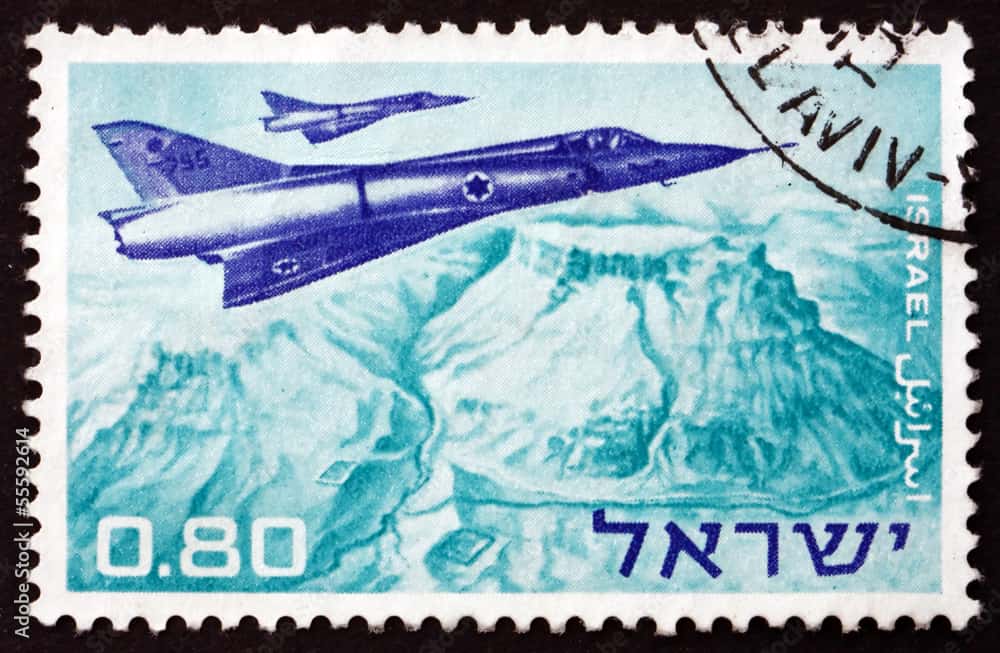I was about to leave to the grocery store when the phone rang. It was my mother. My stomach dropped. She didn’t sound good. “Mommy,” I said, full of concern, “what is going on?”
She answered, “I just spoke to the doctor. The results just came in. There is cancer all over my body. He is willing to try to treat it, but from a medical viewpoint I don’t have too much time.”
MY mother’s yartzheit is coming up. And the memory of that conversation sits heavy on my shoulders. So many memories from that summer sit heavy on my shoulders.
Most people remember Hurricane Sandy and all the destruction it caused; I remember Hurricane Irene and how sick my mother was. We lost our power, and it took a few days to have it restored. But all I could think about was keeping my cellphone charged. I couldn’t lose touch with my mother.
As the summer was ending, her health was deteriorating. I have memories of speaking to my sisters and my aunts. We had to make sure that someone was there with her. She was so weak. Although she didn’t want to admit it, we knew we couldn’t leave her alone.
The school year was starting. As a teacher I felt irresponsible not to be there on the first day of school. The turmoil raged inside of me; it attacked me fiercely and mercilessly with self-doubt about where I belonged.
Friday afternoon I knew the answer. My mother needed me. My class would have to be okay with a substitute. That Shabbos, as I watched my children in the park, many neighbors asked me if I was all ready to start the year. I smiled and said yes. But my stomach was in knots. I didn’t tell them that I would be flying out of town to be with my very sick mother.
As Rosh Hashanah approached, my mother was fearful. She obviously couldn’t travel to be with any of her children. She knew how difficult it was for any of us to come to her for Rosh Hashanah and again for Sukkos. She kept asking, “What will I do? How can I do this yom tov alone?” Each time I repeated the same thing: “Ma, don’t worry. Something will work out. We won’t leave you alone.”
She didn’t have to worry – because on Rosh Hashanah she wasn’t here anymore. And I was left with a big gaping hole and a heartache so huge.
As her yahrtzeit approaches, I would like to talk about her, and I hope it will bring an aliyah to her neshamah.
When I got married I thought I would need my mother less, but instead I realized how much more I needed her. A new husband, a miscarriage, cooking suppers, a hard pregnancy, grocery shopping and a newborn were just a few of the many times when I turned to her. She was always there for me yet never overstepping her boundaries and coming too often.
She was a very engaged bubby. She had a really special phone relationship with my oldest son. She knew what each child liked and disliked. And if a child was sick, she made sure to ask about him or her until he or she was better.
She understood the importance of being there for her community. She took on many projects for the community, never thinking that she was doing anything out of the ordinary. She always seemed to be doing small favors for people, not even realizing that what she was doing were considered favors.
She created a happy environment in her house. It was an easy place to be. Throughout the years there were many people who enjoyed hanging out there. She always had time to listen to people, advising them if that was what they wanted; she had an uncanny way of seeing the full picture and pointing out facts to others that they didn’t see themselves. She also had a special way of calming down anxious people.
She had a lot of kibbud av v’eim for her parents. When she first got married, long-distance calls were a big deal, so she and they set a schedule. She called her parents on Motzei Shabbos, and they called her on Wednesday night. This schedule lasted until she was nifteres. As she got busier, she didn’t forget. If she knew she would be out on Wednesday night, she made sure to tell them. When they came to visit, she took such good care of them, happy to do whatever it was that they needed. As she watched her parents growing older, it bothered her so much that she wasn’t there to do her part together with her siblings to meet their needs.
She lost a son, a husband and a daughter. But she held on tightly to her faith. She never let go, no matter how strong the pain. As the Mashgiach of the yeshivah said: “I learn the Ani Ma’amins; she lived the Ani Ma’amins.”
I have a message on my voicemail. It’s from August 6, 2011. It’s from my mother. She says, “Hi, Miriam. Nothing important. I will speak to you tomorrow.”
But so many tomorrows have passed. And I cannot speak to her. I know that this year she isn’t worried about Rosh Hashanah. As she sit on high in a better world, I hope and daven that she can be a meilitz yosher for my family and all of Klal Yisroel that it should be a simchadik year and that we should be zoche to the geulah Sheleimah.














